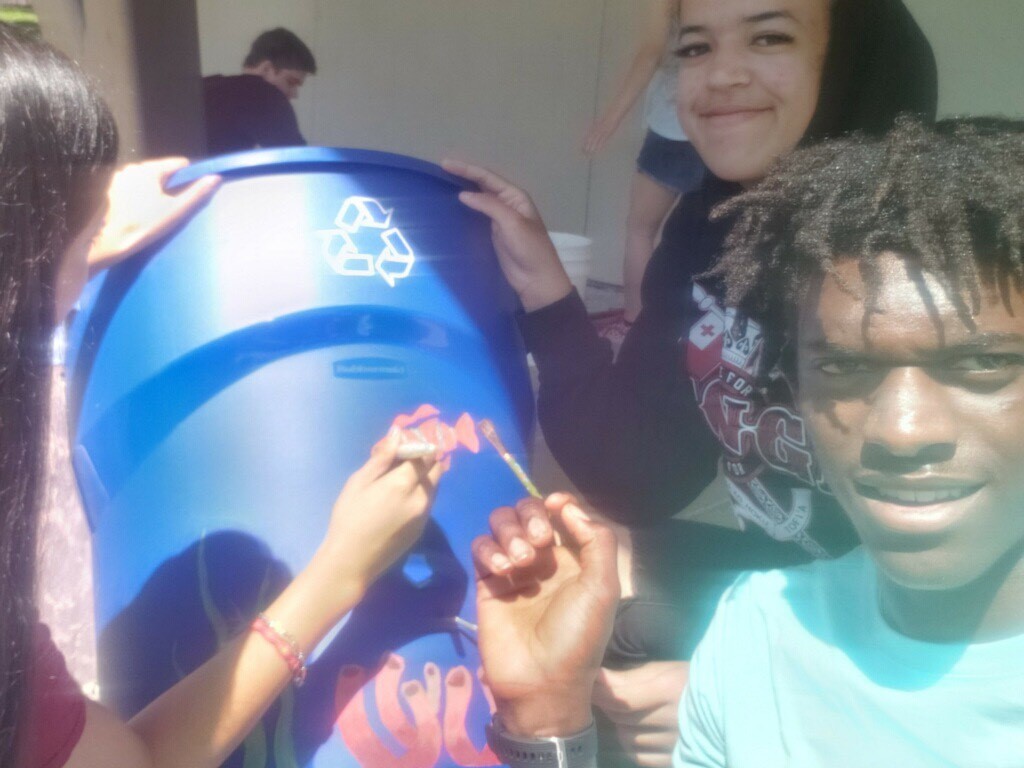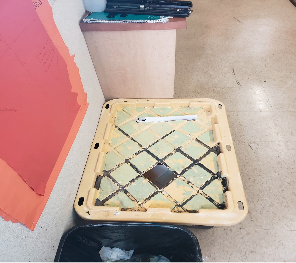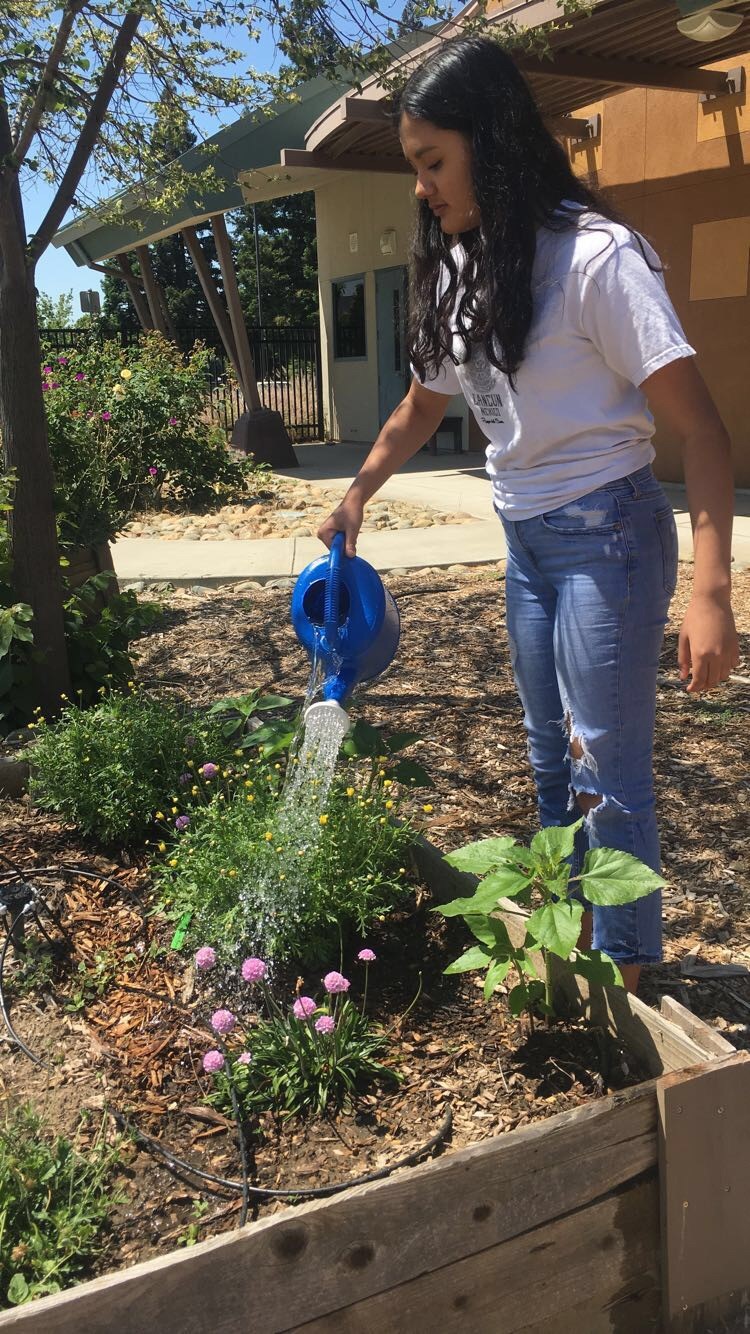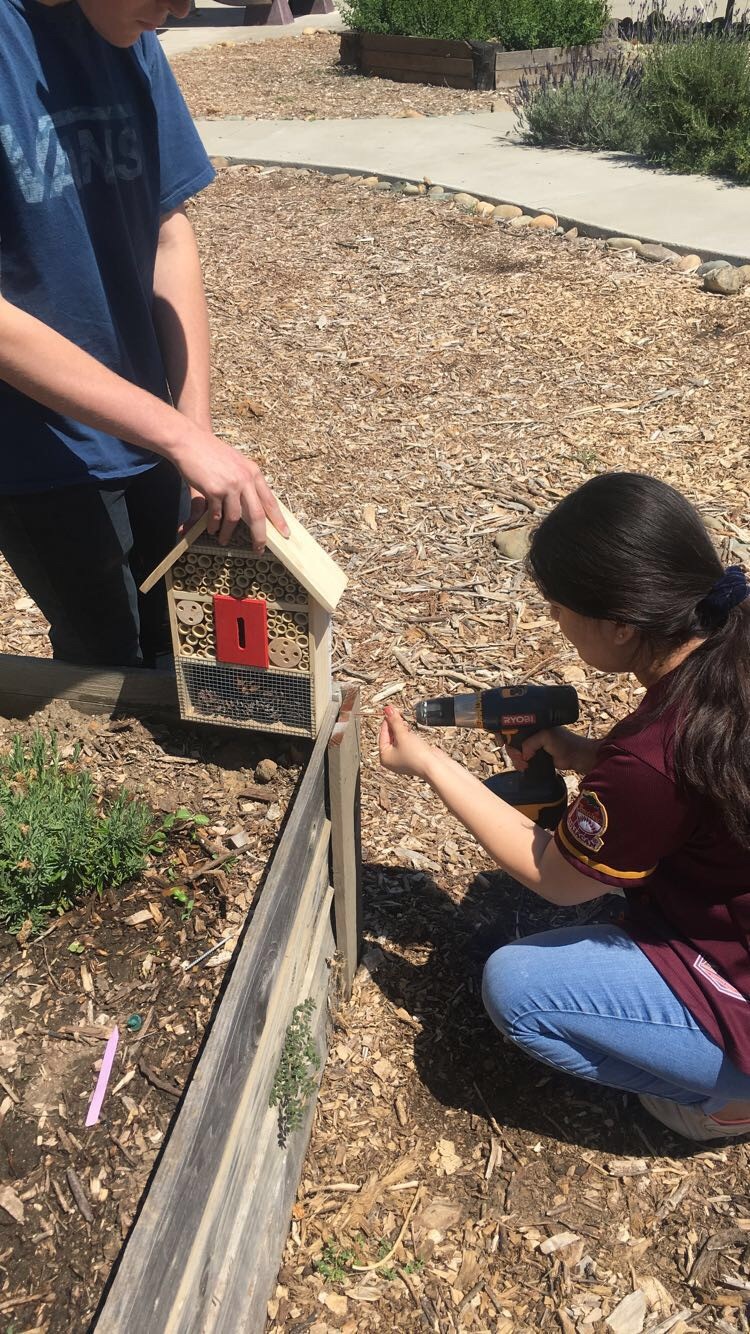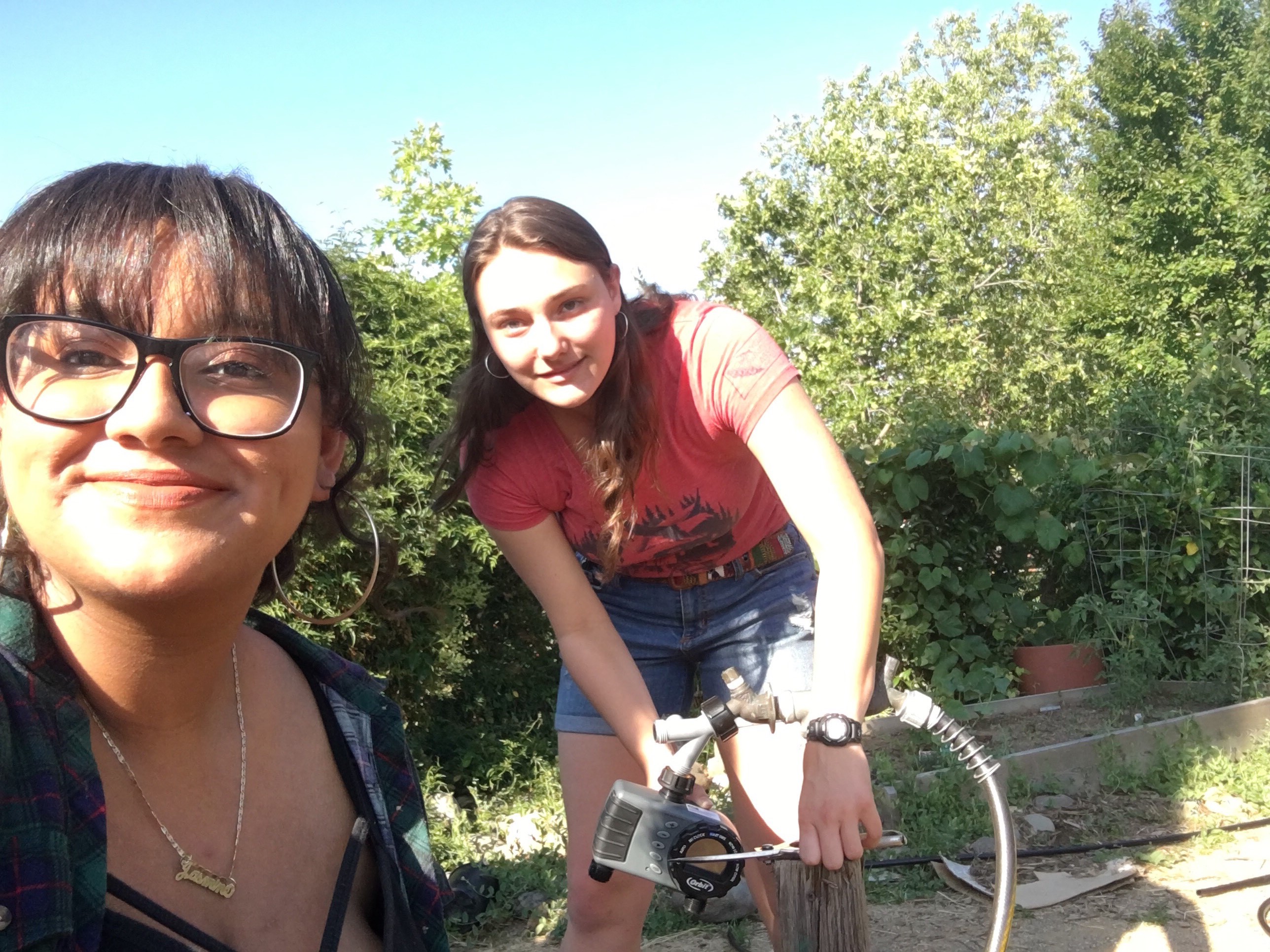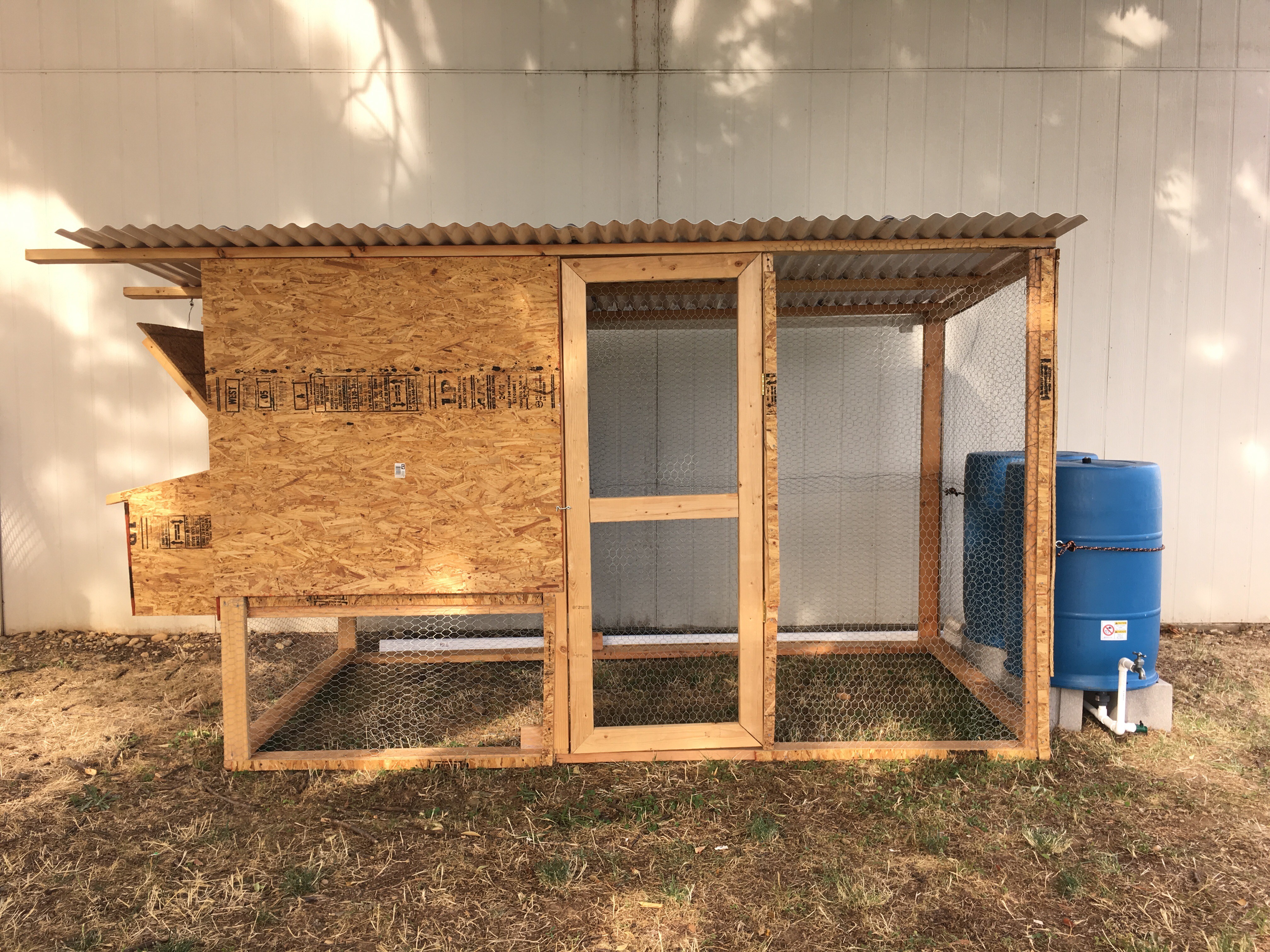2019, Sacramento, California, USA
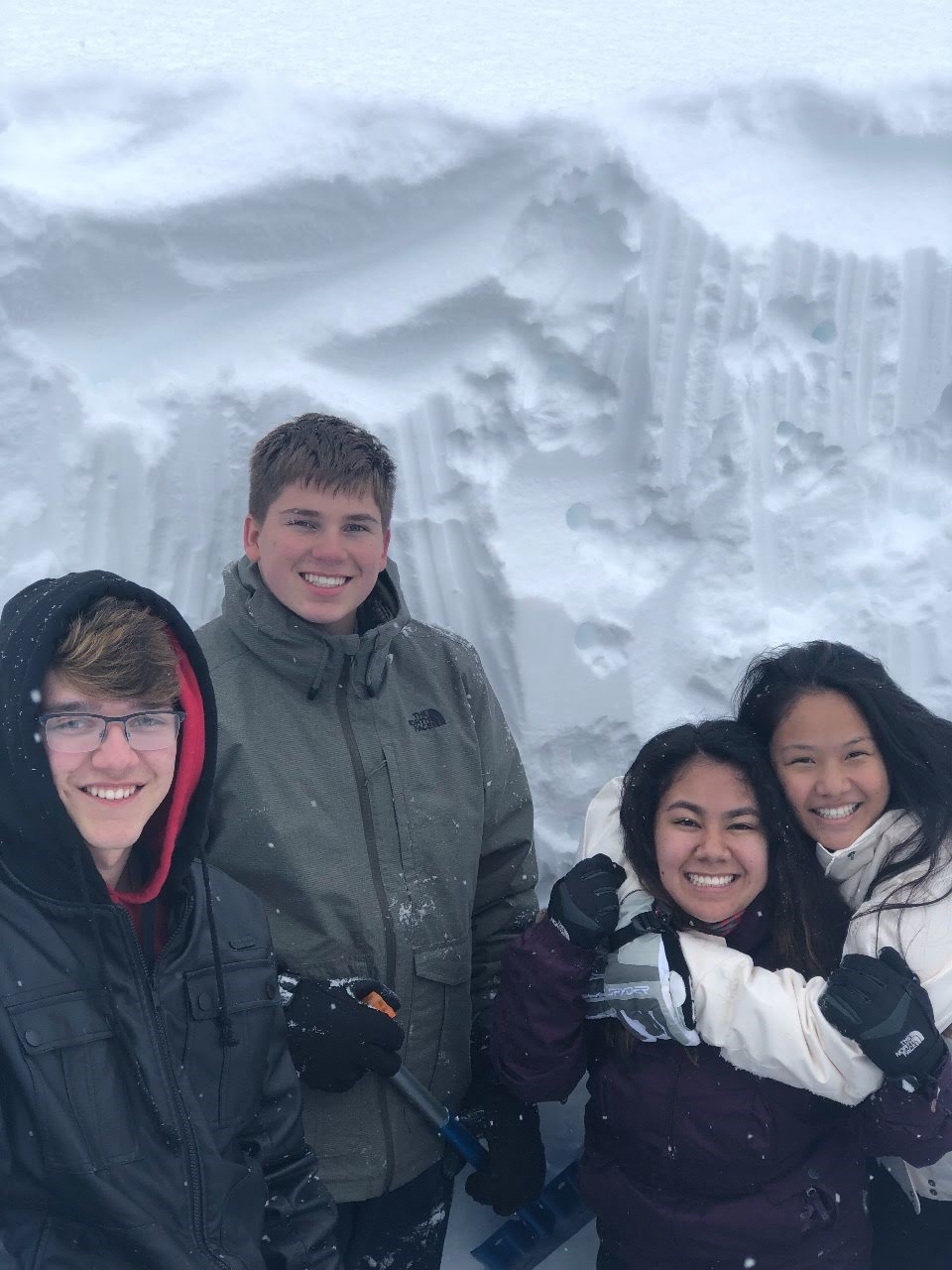
MET Sacramento student Simon Downes-Toney knows how a field trip can solidify and enhance classroom learning about watershed issues and also get students excited about science. As this was one of the largest snow-years on record, it presented an excellent opportunity to learn about the snowpack that is critical to California’s water supply.
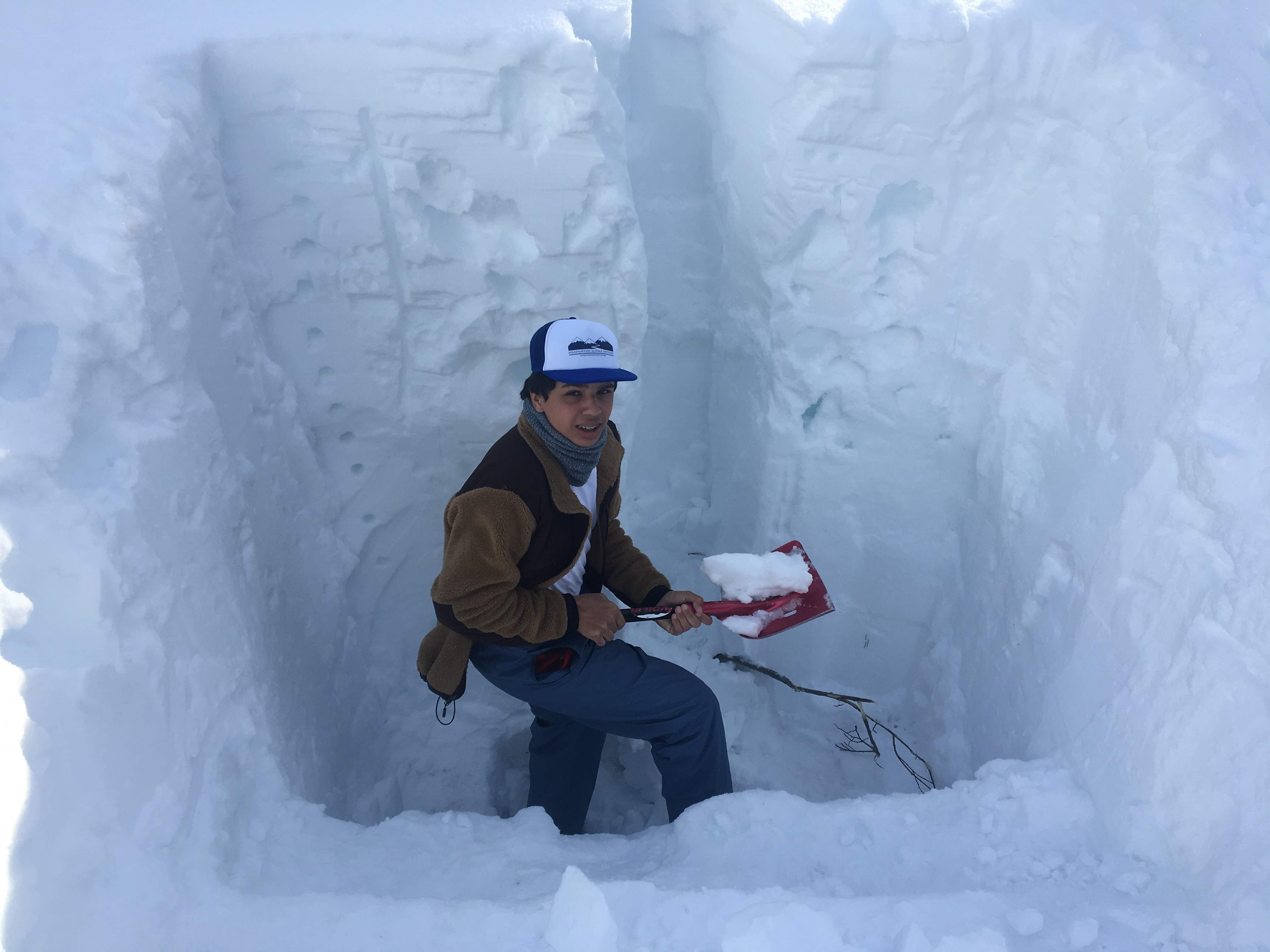
Measuring snow depth and density at levels in the snowpit
Simon organized a trip to Claire Tappan Lodge, where students measured snow temperature and density at different levels within the snowpack, snow purity at different field locations, and graphed and analyzed their data. Simon’s proposal and funding from Nutrien allowed for more students to attend the trip and learn about how scientists track, study, and predict water supply with this critical resource.
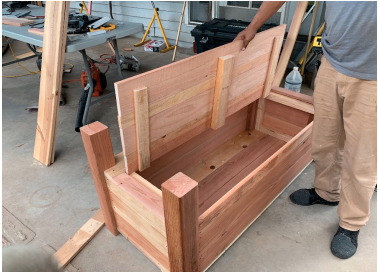
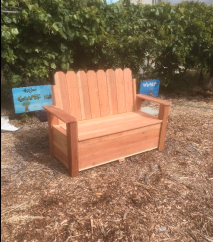
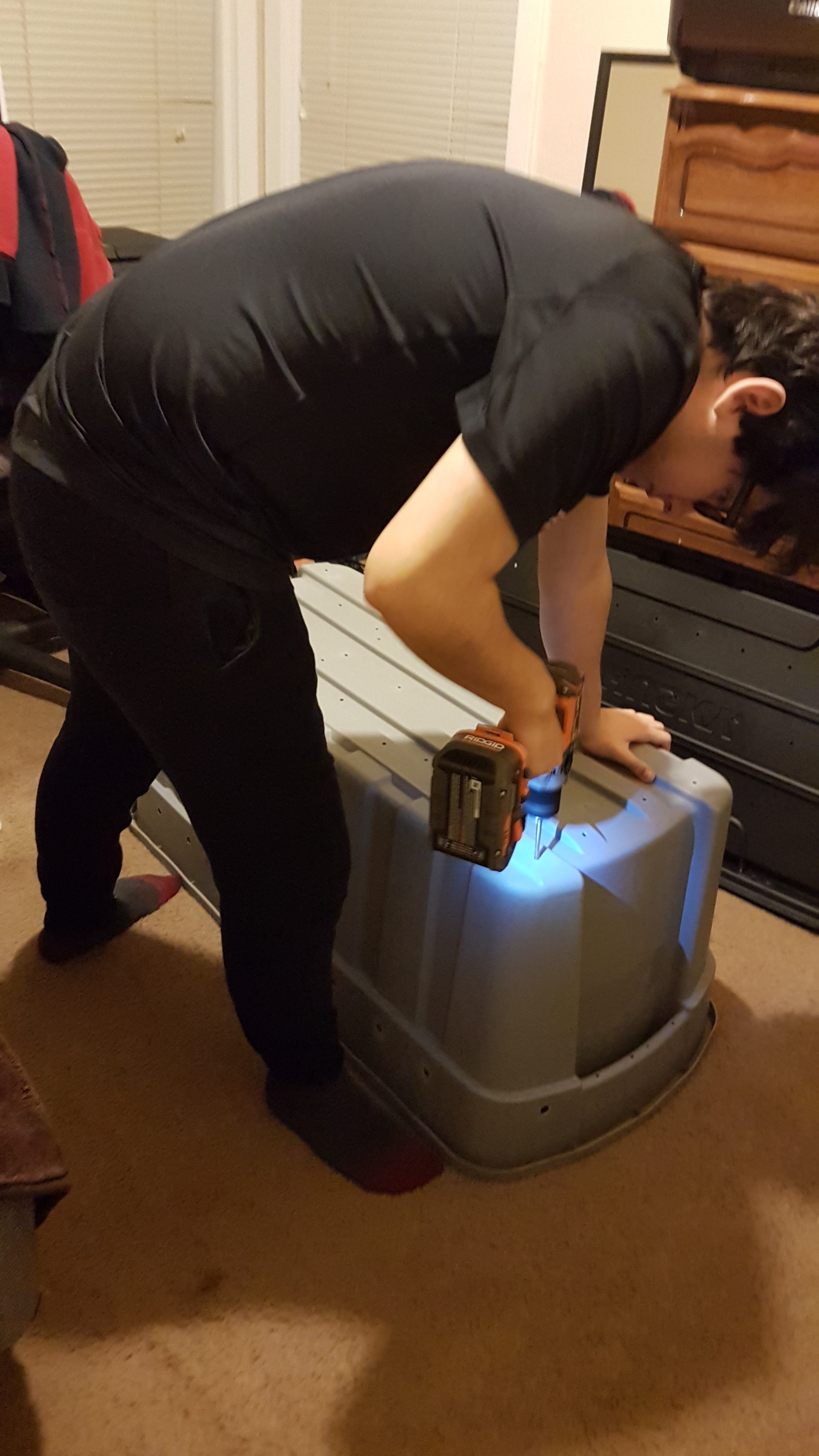 2019, Sacramento, California, USA
2019, Sacramento, California, USA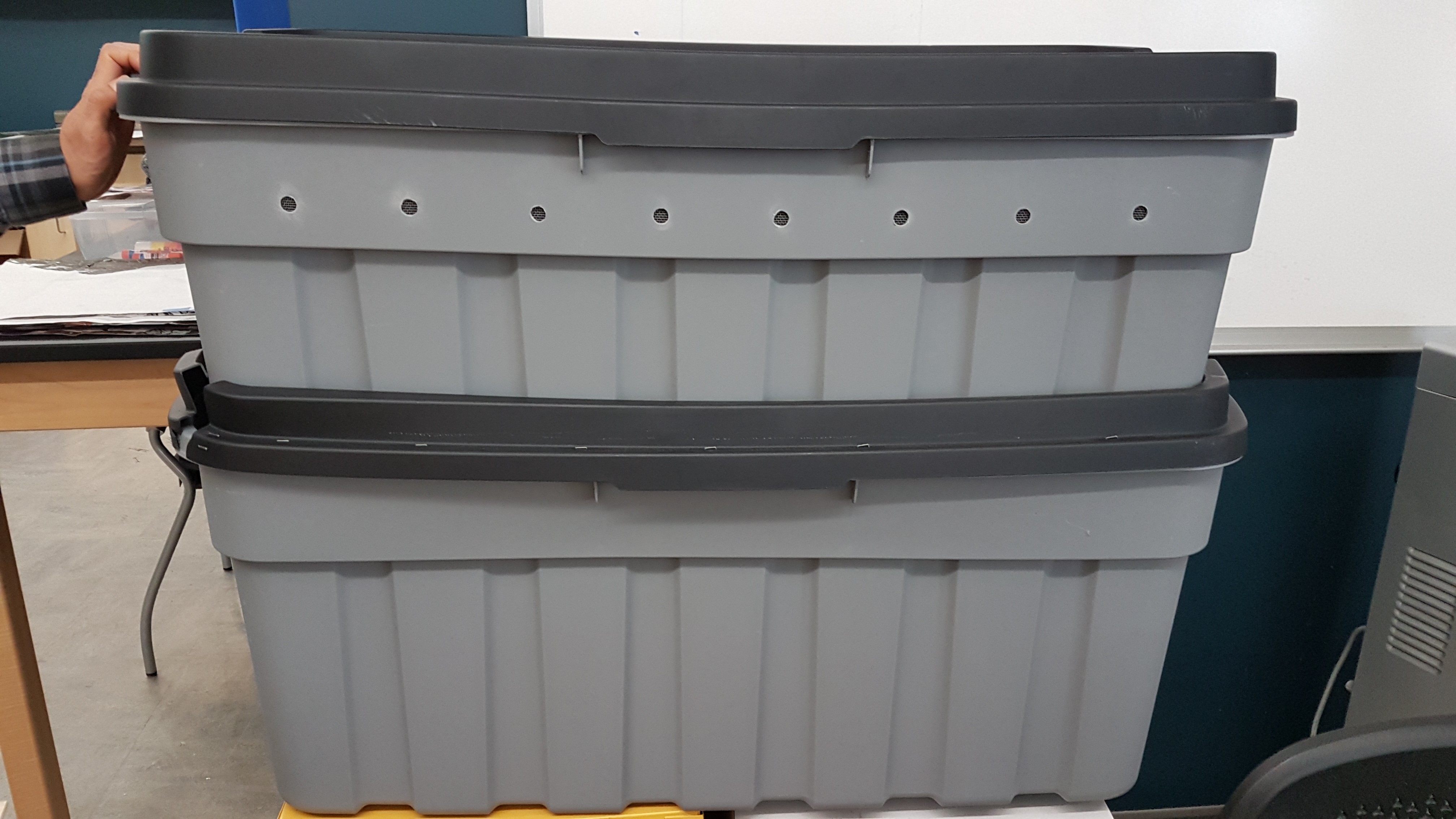
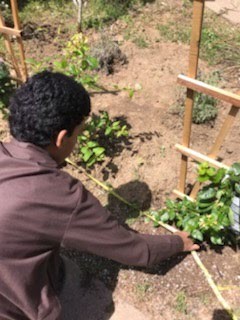 2019, Sacramento, California, USA
2019, Sacramento, California, USA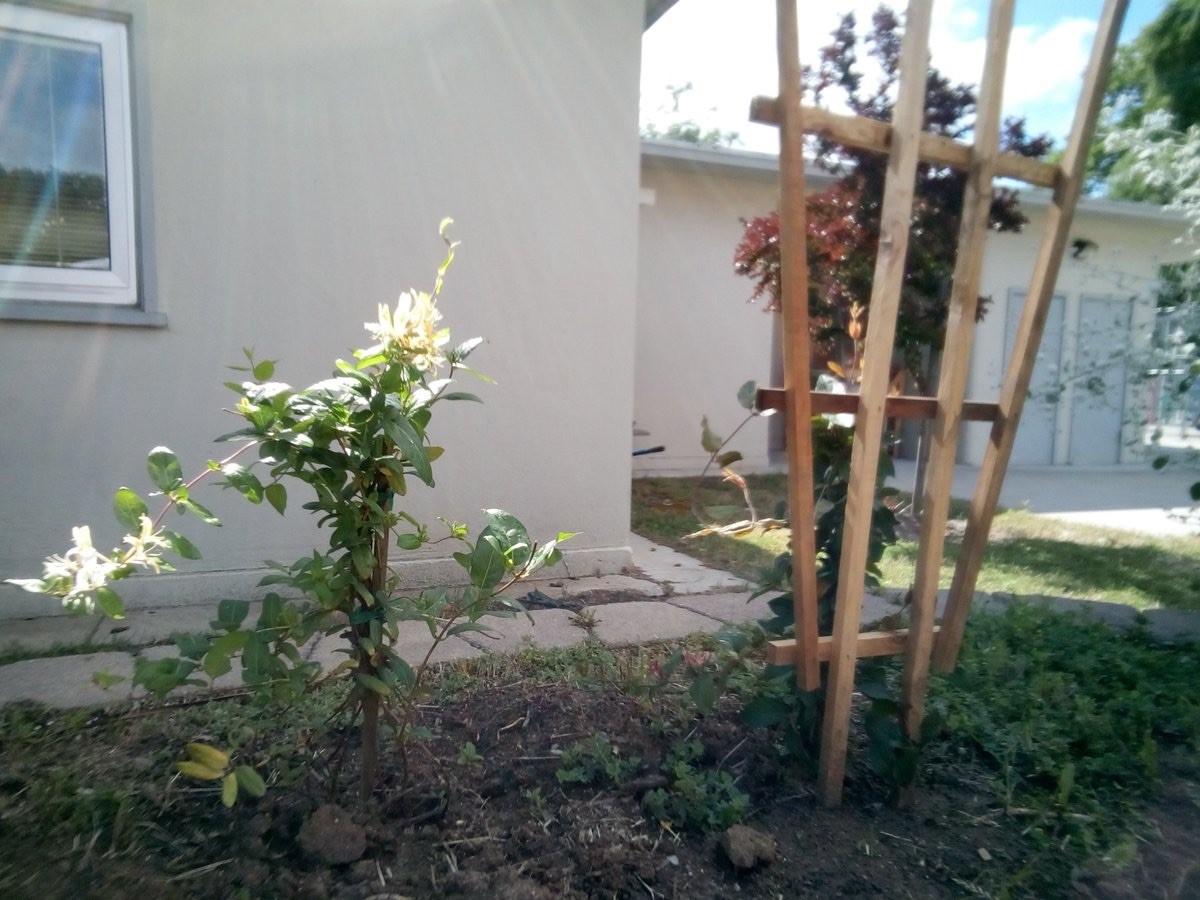 Isa identified some narrow spaces on campus that were suitable and got approval to plant, but realized he could most efficiently use the space by adding a vertical element to his pollinator garden. By trellising some common pollinator friendly plants, he not only provided habitat, but also added to the aesthetics of his school campus—and hopefully will increase the productivity of the garden as well!
Isa identified some narrow spaces on campus that were suitable and got approval to plant, but realized he could most efficiently use the space by adding a vertical element to his pollinator garden. By trellising some common pollinator friendly plants, he not only provided habitat, but also added to the aesthetics of his school campus—and hopefully will increase the productivity of the garden as well!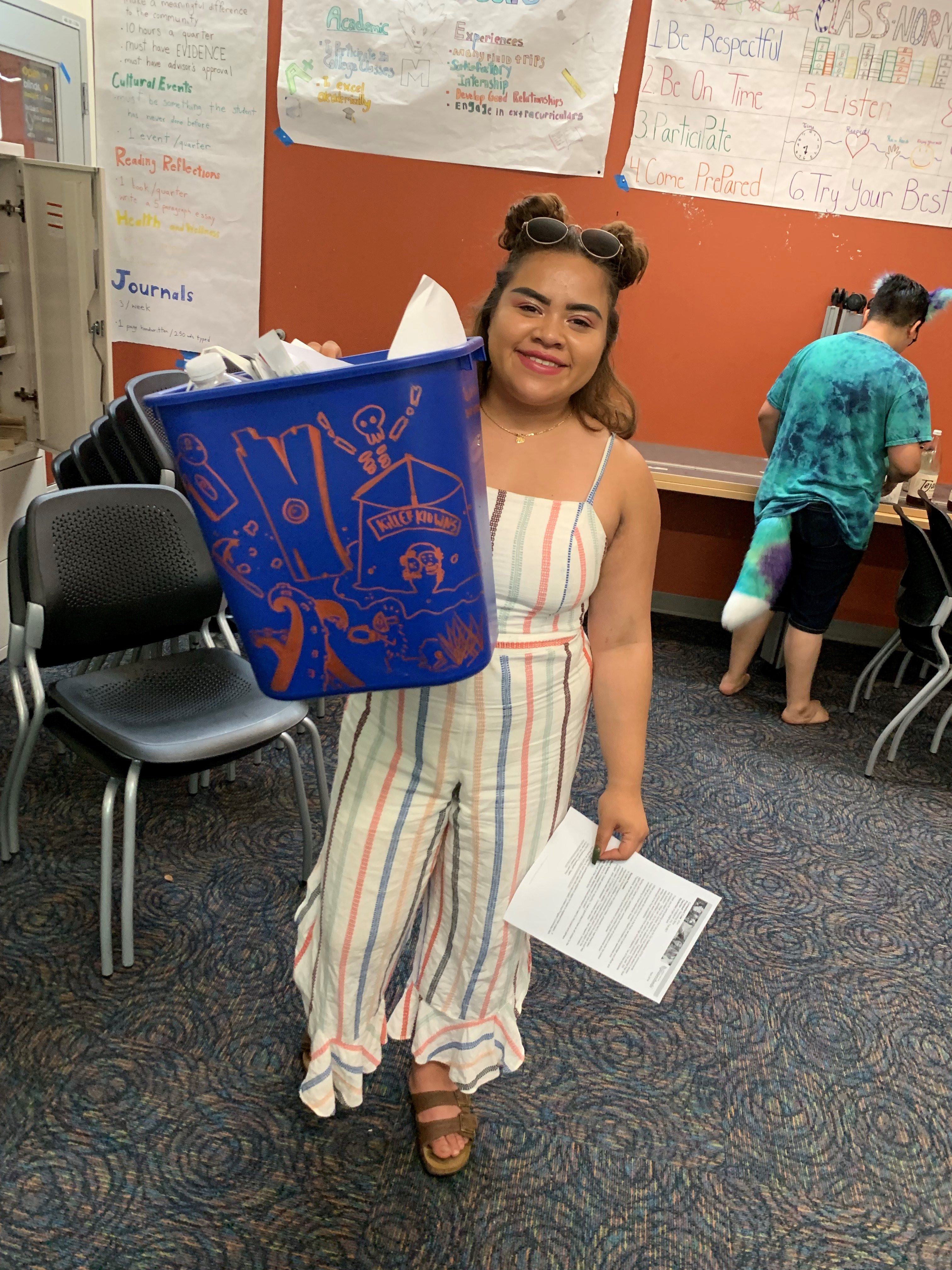 2019, Sacramento, California, USA
2019, Sacramento, California, USA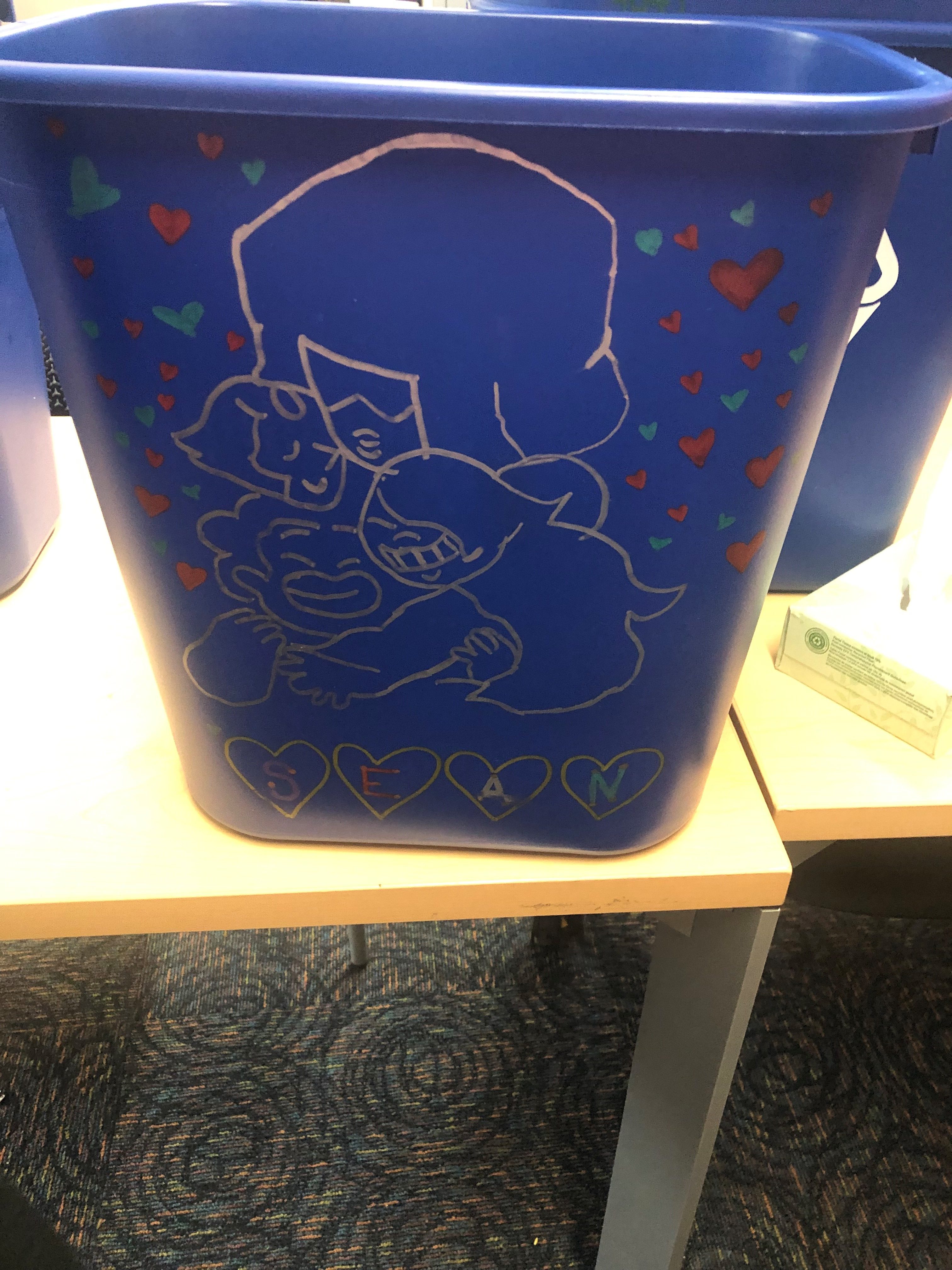 Angel first purchased blue recycling bins for each advisory classroom. Knowing that just placing the bin in class would not necessarily increase awareness and improve recycling habits, Angel decided to engage students with an art contest. Students from each advisory would decorate bins using colored sharpie pens and the winning advisory would get a pizza party. Her contest would bring awareness to the new bins and Angel could encourage use through reminding students what they could and should recycle. Angel also plans on collecting money for the recyclable items at a recycling center, which would supplement advisory budgets for special student events.
Angel first purchased blue recycling bins for each advisory classroom. Knowing that just placing the bin in class would not necessarily increase awareness and improve recycling habits, Angel decided to engage students with an art contest. Students from each advisory would decorate bins using colored sharpie pens and the winning advisory would get a pizza party. Her contest would bring awareness to the new bins and Angel could encourage use through reminding students what they could and should recycle. Angel also plans on collecting money for the recyclable items at a recycling center, which would supplement advisory budgets for special student events.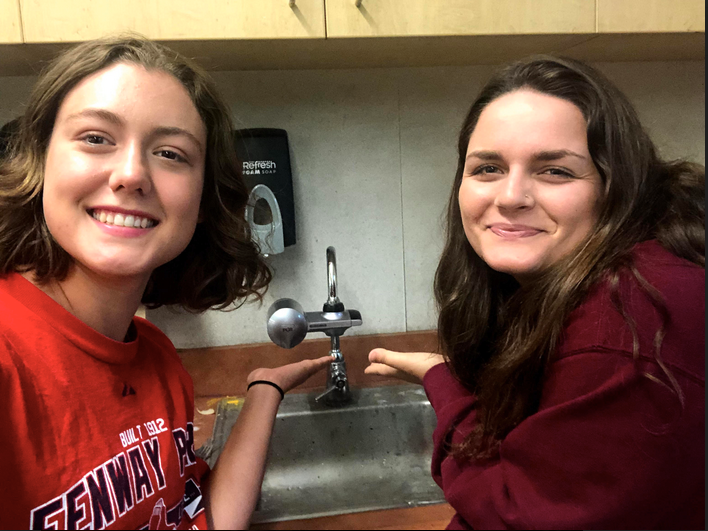 2019, Sacramento, California, USA
2019, Sacramento, California, USA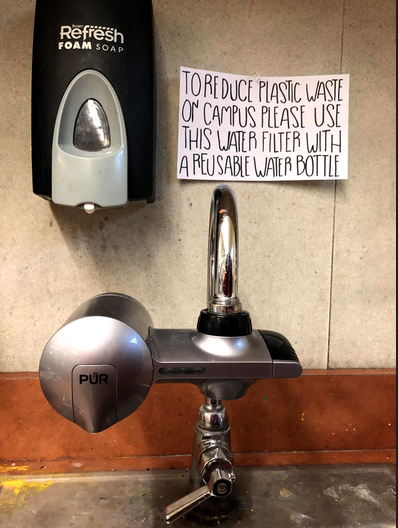
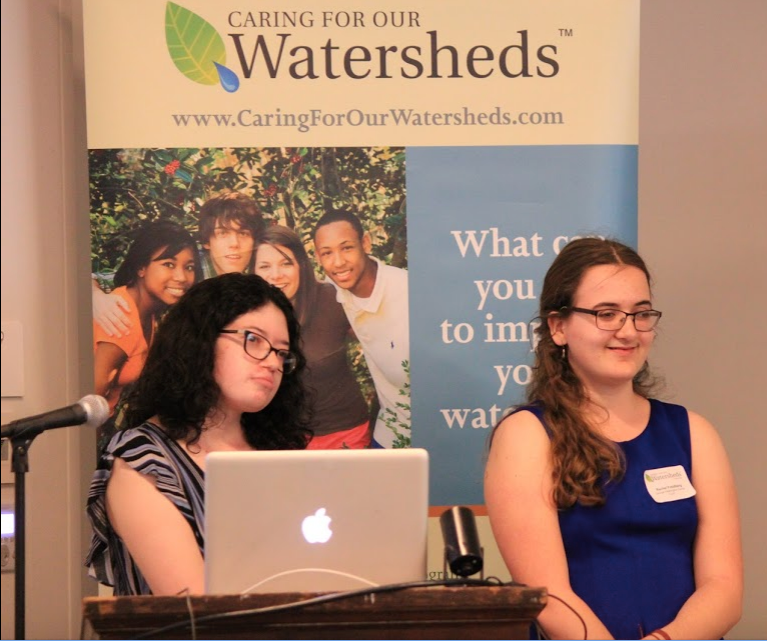 2019, Sacramento, California, USA
2019, Sacramento, California, USA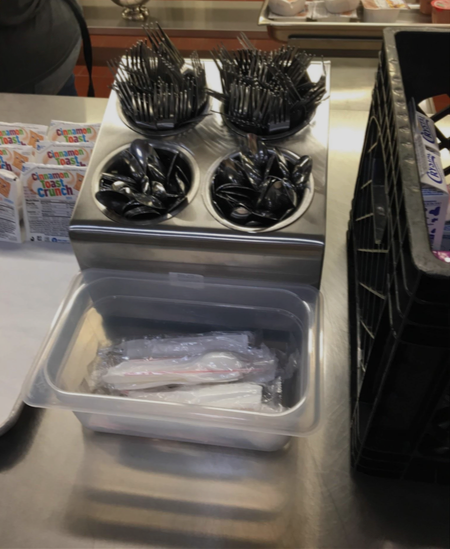 Rachel and Barcelona wanted to replace the plastic utensils with reusable silverware and make separate napkins available to students. A main challenge to their proposed project was the fact that the school did not have a dishwasher to sanitize the silverware. However, they did not let this stop them! They developed a pilot project, using Dept. of Health standards and guidelines and rotating student volunteers to wash and sanitize the silverware generated at lunchtime at their relatively small school. Rachel and Barcelona’s well-planned project and their persistence in making a difference even within the limits of school’s infrastructure and equipment helped them take fifth in the Caring for Our Watersheds Finals.
Rachel and Barcelona wanted to replace the plastic utensils with reusable silverware and make separate napkins available to students. A main challenge to their proposed project was the fact that the school did not have a dishwasher to sanitize the silverware. However, they did not let this stop them! They developed a pilot project, using Dept. of Health standards and guidelines and rotating student volunteers to wash and sanitize the silverware generated at lunchtime at their relatively small school. Rachel and Barcelona’s well-planned project and their persistence in making a difference even within the limits of school’s infrastructure and equipment helped them take fifth in the Caring for Our Watersheds Finals.